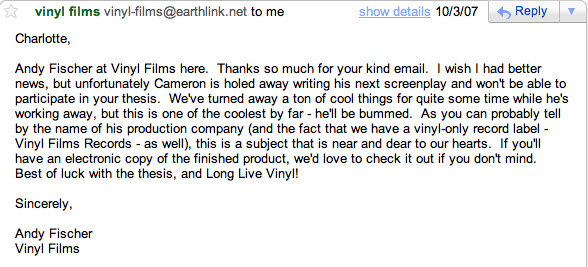 |
| Rolling Stone Magazine coverage of the death of Kerr-MGhee whistleblower Karen Silkwood |
The death of writer and screenwriter on June 26, 2012,
Nora Ephron made me sad. You don't know this about me, but I loved her work. She was a woman director, her work was funny and she was married to journalist, Carl Bernstein--which scored points with me. He was after all, the Washington Post post reporter who along with Bob Woodward, had brought down a president. But back to Ephron, I grew up during the
Rolling Stone Magazine glory years. I recall vividly getting my magazine every other week and reading about the suspicious death of Karen Silkwood, a whistleblower at Kerr-McGhee Fuel Fabrication Site in Oklahoma. Her death in 1974 became the subject of Imagine my chagrin when the film came out and it starred Meryl Streep and Cher.
See, what know is that I had the pleasure of meeting Cher one night at the infamous Swingo's Celebrity Inn. There was a party for Cher's dance album and I was able to get an invite from my friend at Casablanca Records in Hollywood. I'll never forget Bea Frankel--greatest PR woman I ever met; well, can't forget about Simoe Doe in New York with Atlantic Records; but Bea was my girl on the west coast. She called and had arranged for me to be on the guest list for Cher's exclusive record launch party.
Anyway, I go to the hotel and there is
Cleveland Plain Dealer reporter, the late Jane Scott who asks me which one is Cher. I don't want to speak ill of the dead, but Jane was clueless. This is the woman who stood in the middle of the aisle at the Richfield Coliseum and asked me which one was Emerson and which was Lake, as if she had figured out which one was Palmer. During the disco era, we were at a Village People show at a club outside of town, and Jane asked me which one was the Victor Willis. She actually thought the guy I was with, Jeff Wright was Victor. And they did look a lot alike, but you're the reporter who was Beatle Paul McCartney's best bud and you don't know Cher. How could anyone not recognize Cher...anyway. By the way, Cher was the one standing next to me with the hair!
I was first struck with how petite Cher was and next, how beautiful her hair was. Her facial features were chisheled and her skin was shiny--I knew she belonged on the big screen. Not a stretch of the imagination, I know. I stared because I was amazed by how tall Cher looked on the small screen. Hell, I was taller than Cher and she had on platforms. Sonny Bono must have been very small.
And no, I haven't gotten away from my subject,
Nora Ephron. I'm working my way back. If you didn't know, this blog is also about those six degrees of separation operating in my life. Just because I lived in Cleveland, Ohio didn't mean that I wasn't somehow connected to Ephron. I'd had the opportunity to meet Cher who would co-star in "Silkwood".
There were other films written by Ephron; but none of them struck me as being better than a mere screenplay--"Silkwood" was one, as was "When Sally Met Harry". They had taken on an iconic quality which caused me to place Ephron near the top of my list of female screenwriters. In fact, I couldn't think of who I loved better than her? I mean there weren't that many female screenwriters who came to my mind. I mean there's
Leigh Brackett, who wrote "The Big Sleep" and parlayed her sci-fi background into work on "The Empire Strikes Back". There was
Callie Khoury, who wrote the seminal chick flick, "Thelma and Louise".
These other screenwriters all are special in their own way, but Ephron was the master of the romantic comedy and I happened to be someone who loved romantic comedies if for nothing else to see the Billy Wilderesque "cute meets" where the guy and the gal get together for the first time and realize they like one another. I thought Ephron had mastered the skill and even used her on-screen avatar, actress Meg Ryan to embody that quality of sweet and sassy (when pushed) that became endearing to me in her writing.
Today, when I came home, "Julie and Julia" was on television. I had to stop and spend the afternoon with Nora Ephron. We miss you. We miss your wit. We miss your passion.





















